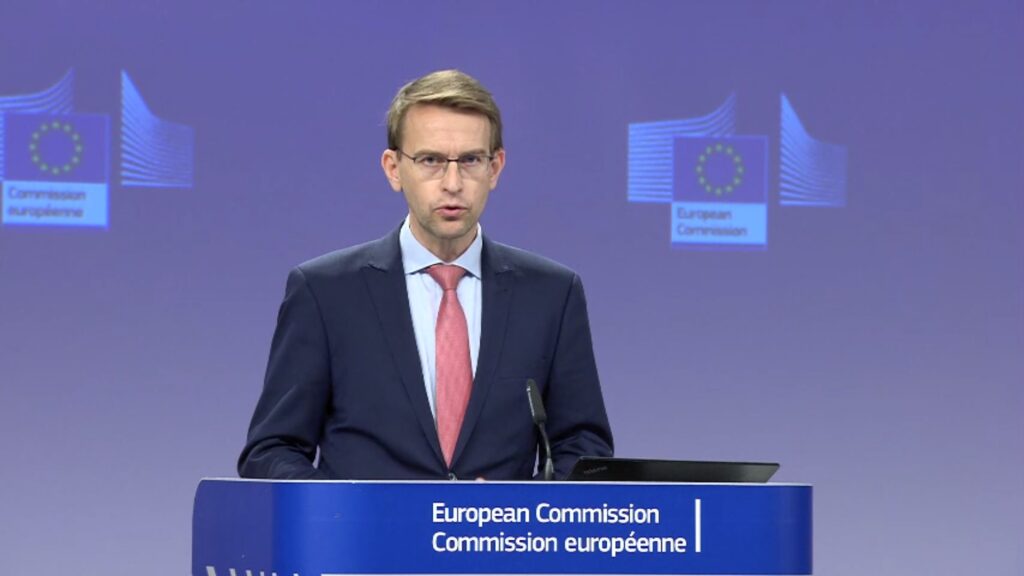The European Union on Tuesday defended its work with migrants in Libya after U.N.-backed investigators accused the 27-nation bloc of abetting human rights abuses and other crimes in the north African country.
Presenting a report on Monday by a U.N.-commissioned fact-finding mission to Libya, investigator Chaloka Beyani said that EU assistance to Libya’s migration department and the coastguard “has aided and abetted the commission of the crimes,” including crimes against humanity.
The report said that migrants, some of whom might have been eligible for asylum, “were apprehended, detained, and disembarked in Libya solely to prevent their entry into Europe as a corollary of both European immigration policy and the economic agenda of migration in Libya via their subsequent detention and exploitation.”
The EU’s executive branch, the European Commission, said it takes the allegations “very seriously” but insists that its work in Libya is vital and done in coordination with U.N. agencies like the IOM and U.N. High Commissioner for Refugees.
“Not doing anything is not an answer. And our objective, our joint objective, is to help to improve the situation of the people stranded in Libya,” commission spokesman Peter Stano said.
“Of course, there are incidents. There are issues which are a source of concern. We try to address them with the partners in Libya, with the international partners,” Stano told reporters in Brussels. He said the EU’s Libya mission had cooperated with the investigators.
The new report underlined that investigators believe the EU “directly or indirectly, provided monetary and technical support and equipment, such as boats, to the Libyan Coast Guard and the Directorate for Combating Illegal Migration,” which were then used to catch and detain migrants.
But Stano rejected suggestions that the EU would pay to keep migrants in Libya.
“We are not financing any Libyan entity. We are not giving physical money to partners in Libya,” he said. “What we are doing is allocating a lot of money, which is then usually used by our international partners. A lot goes through the U.N., for example.”
At least 529 migrants were reported dead and 848 others missing off Libya last year, according to the United Nations’ International Organization for Migration (IOM). More than 24,680 people were intercepted by the Libyan coastguard as they tried to leave.
